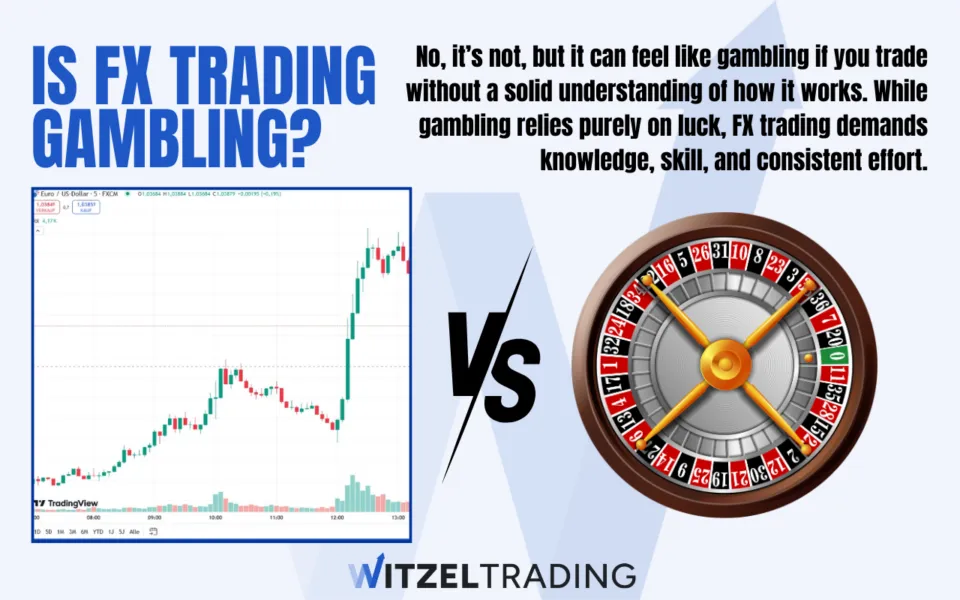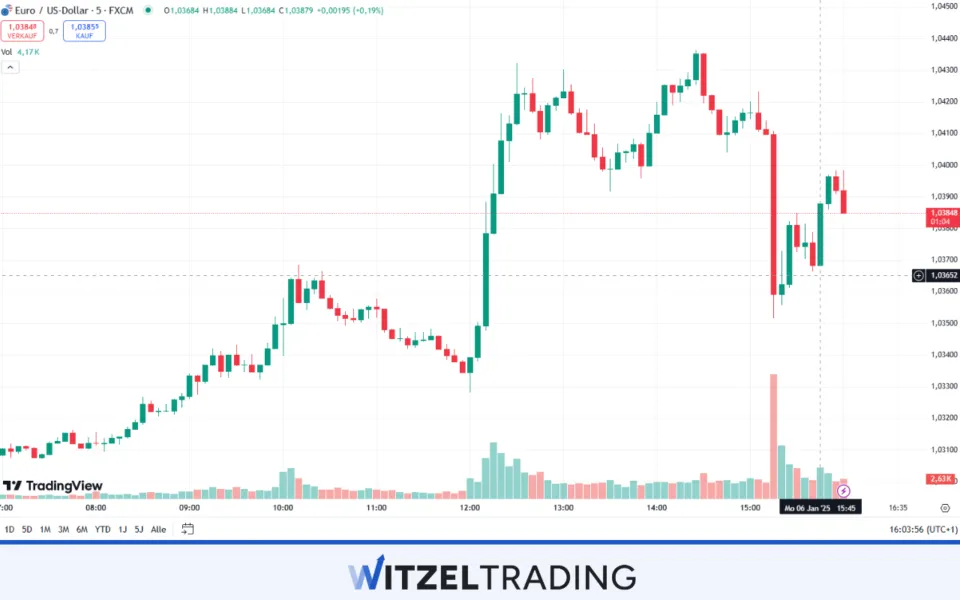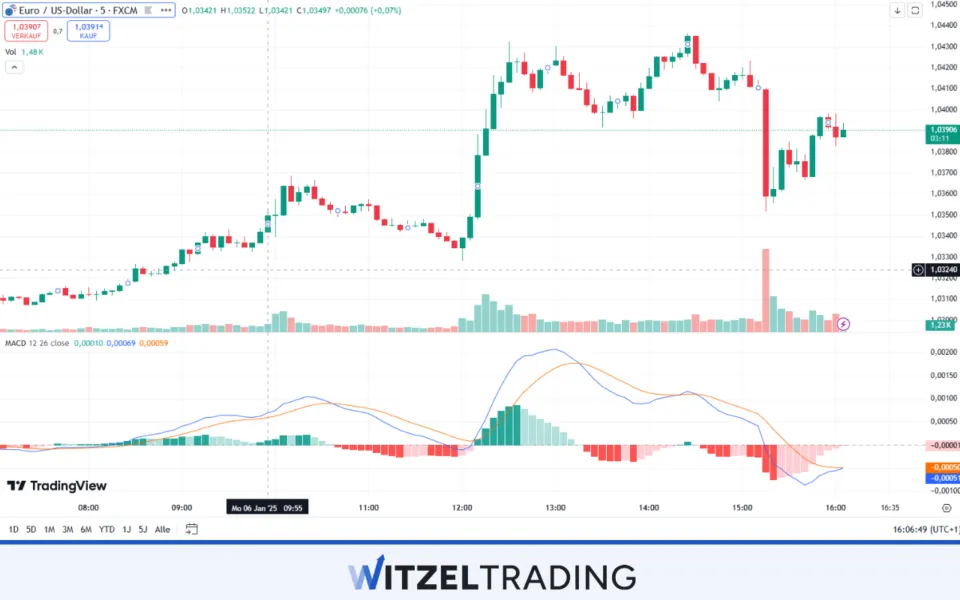No, forex trading is not gambling, but it can feel like gambling if you trade without preparation or a solid understanding of how it works. Experienced traders rely on technical analysis, trading tools, and disciplined decision-making to succeed. While gambling relies purely on luck, forex trading demands knowledge, skill, and consistent effort.

Key Facts About Forex Trading Gambling:
- Risk Without Strategy Leads to Gambling: Studies reveal that over 72.2% of retail forex traders lose money due to inadequate strategies or impulsive decision-making, which mirrors gambling behavior.
- Impact of Emotional Decision-Making: Emotions like fear and greed can adversely affect trading decisions. Research suggests that traders often make irrational choices under emotional stress, leading to suboptimal outcomes.
- Overleveraging Risks in Forex Trading: Utilizing high leverage without proper risk management can lead to significant losses in forex trading, similar to gambling large sums without a strategy. Many traders fail due to overexposure and insufficient capital to cover losses.
- Martingale Strategy: The Martingale strategy, involving doubling down after losses, is a gambling tactic that can lead to substantial financial downturns when applied to forex trading due to the potential for extended losing streaks.
- Win Ratios in Gambling vs. Skilled Trading: In gambling, the probability of winning is often less than 50%, depending on the game. Skilled forex traders, however, can achieve higher win rates through analysis and strategy, distinguishing trading from gambling.
(Never Trade In Uncertainty Again – Join The WR Trading Mentorship)
When Forex Trading Becomes Gambling?
Forex trading becomes gambling when the approach shifts from strategic planning to reckless or uninformed behavior. Despite the market’s potential for predictable patterns, traders can fall into gambling-like tendencies if they abandon analysis and their trading strategy. Here are some scenarios where forex trading begins to resemble gambling:
- Trading Without a Plan: Entering trades impulsively, without a clearly defined strategy or understanding of market conditions, mirrors the randomness of gambling.
- Relying on Luck Over Analysis: Placing trades based on hunches, tips, or guesswork rather than technical or fundamental analysis results in outcomes driven by chance.
- Overleveraging: Excessive use of leverage amplifies risk, often leading to substantial losses. This high-stakes approach is similar to placing large bets in gambling without considering the consequences.
- Revenge Trading: Attempting to recover losses by placing larger or more frequent trades, driven by frustration or desperation, aligns more with gambling psychology than rational trading.
- Ignoring Risk Management: Skipping tools like stop-loss orders or failing to calculate risk-to-reward ratios can turn trading into a gamble by exposing the trader to unlimited losses.
- Trading Based on Emotions: Fear, greed, and impulsivity are signs of gambling behavior. Emotional decision-making in trading leads to similar erratic and unpredictable outcomes.
- Chasing Quick Profits: Viewing forex as a get-rich-quick scheme rather than a long-term skill-based endeavor creates gambling-like habits, such as overtrading or taking unnecessary risks.
Forex Trading vs Gambling – What Is the Difference?
Forex trading and gambling may appear similar, as both involve risk and the potential for financial loss or gain. However, the core difference is in how outcomes are determined. Forex trading is a skill-based activity that relies on market and technical analysis. Traders study global economic trends, geopolitical events, and technical indicators to make informed decisions. This data-driven approach means that success in forex trading is not left to chance but is instead the result of careful preparation and ongoing learning.

In contrast, gambling is predominantly a game of luck where outcomes are either random or predetermined by odds set in favor of the house. Whether it’s a spin of a roulette wheel or a hand of blackjack, gamblers have minimal control over results, relying instead on chance to dictate their success. Gambling lacks mechanisms like risk management tools or the ability to analyze external factors.
| Aspect | Forex Trading | Gambling |
|---|---|---|
| Decision Basis | Based on analysis of market trends, technical indicators, and fundamental data. | Dependent on chance, odds, or randomized outcomes. |
| Control Over Outcome | Traders can manage risks using stop-loss orders, position sizing, and hedging. | Little to no control once bets are placed. |
| Market Dynamics | Influenced by global events, economic data, and market sentiment. | Independent of external factors, odds are fixed. |
| Risk Management | Tools like stop-loss and take-profit orders help control potential losses. | Rarely any risk management systems are in place. |
| Profitability | Long-term success is achievable with consistent strategies and discipline. | Designed to favor the house, long-term losses are common. |
| Skill Requirement | Requires skill, education, and experience to develop effective strategies. | Minimal skill; success is largely luck-driven. |
| Addictive Behavior | Less addictive with a disciplined approach and strategy in place. | High addiction potential due to the nature of instant rewards. |
| Transparency | Transparent markets with visible prices and accessible tools for analysis. | Lack of transparency on outcomes that casinos control. |
| Time Commitment | Requires ongoing learning, market monitoring, and analysis for success. | Minimal time investment to learn strategies and apply them. |
| Purpose of Participation | Traders aim to build wealth. | Gambling is usually for entertainment, thrill, or chasing a jackpot |
(Never Trade In Uncertainty Again – Join The WR Trading Mentorship)
Tips on How Not to Gamble in Forex Trading
The line between forex trading and gambling becomes thin when traders abandon strategy and discipline. To succeed in forex, you must avoid behaviors that mimic gambling by focusing on structure, analysis, and risk control. Here’s how you can ensure your trading remains professional and strategic:
1. Build a Detailed Trading Plan and Stick to It
Every professional trader utilizes a trading plan that has a proven track record. It should outline your goals, strategies, risk tolerance, and specific criteria for entering and exiting trades. This plan acts as your guide, ensuring you never place trades based on impulsive decisions or emotional reactions. Skipping this step is like walking into a casino and betting on red because it “feels lucky.” In forex, every move must be intentional and data-driven.
For example, if your trading plan dictates that you risk no more than 1% of your account on a single trade, stick to it – no exceptions. This approach ensures consistent decision-making, even in unpredictable markets.
2. Implement Risk Management Like a Professional
Profitable traders treat risk management as a non-negotiable discipline. Tools such as stop-loss orders are not just safety nets but are required for long-term success in the market. Set your stop-loss levels before placing trades, and calculate the risk-to-reward ratio to ensure that potential profits justify the risks involved.
See more about Forex Risk Management here.
3. Base Trades on Data, Not Hope or Hunches
Forex trading offers tools and techniques for analyzing markets, which helps predict future price movements more accurately. Technical indicators like MACD and RSI, along with fundamental insights such as central bank decisions, provide traders with actionable information. Ignoring these tools and relying on intuition is a form of gambling in forex trading.

Professional traders don’t enter a trade just because a currency pair looks like it’s “about to go up.” Instead, they confirm signals through multiple forms of analysis, ensuring their decision is backed by evidence rather than guesswork.
4. Practice Discipline: Emotions Have No Place in Trading
Trading under the influence of emotions – whether fear, greed, or frustration – is one of the quickest ways to turn trading into gambling. Professionals maintain discipline by setting clear boundaries, such as daily loss limits, and taking breaks to avoid burnout. Revenge trading, where losses drive traders to make reckless bets, is one of the most damaging habits to develop.
Maintaining a journal to document trades, decisions, and outcomes can help you stay objective. Reviewing past trades allows you to spot patterns of emotional behavior and correct them over time.
5. Separate Trading from Entertainment
One of the most dangerous mindsets a trader can adopt is treating forex as a source of entertainment. Professional trading is not about getting an adrenaline rush or chasing big wins – it’s about discipline, analysis, and long-term financial planning. When trading becomes a form of entertainment, it quickly mirrors gambling, where decisions are driven by impulse rather than strategy.
True professionals approach trading with the seriousness of running a business. Every decision is backed by analysis, with a clear understanding of risk and reward. Entering trades out of boredom or seeking the rush of a potential big win are red flags that indicate trading is no longer grounded in logic. This behavior is what often leads to overtrading, emotional reactions, and preventable losses.
To avoid this trap, traders must use structured practices that keep emotions in check. For example, set a fixed number of trades per session or day and ensure each one aligns with your trading plan. Also, establish specific goals for your trading activities and regularly review your progress.
Learn Real Profitable Forex Trading With WR Trading
The WR Trading course offers a streamlined approach to forex education, designed to turn beginners into skilled traders with a focus on achieving consistent, long-term success. The course avoids overwhelming learners with irrelevant content or endless video lessons, instead delivering concise, actionable training that directly applies to live market conditions.

Students will learn to identify high-risk-reward opportunities (up to 1:10 or more), use advanced tools like level-2 data for precise trade execution, and develop strategies to capitalize on even the most volatile market environments. Live webinars, hosted by experienced traders, provide hands-on support and helpful insights that would be difficult to find elsewhere.
The program also tackles critical areas like avoiding overtrading, recognizing when not to trade, and maintaining emotional discipline under pressure. Each session is designed for efficiency, requiring just 1–2 hours, 2–3 times a week. Consider signing up to WR Trading if you’re serious about Forex Trading but want to fast-track the learning curve.
(Never Trade In Uncertainty Again – Join The WR Trading Mentorship)
Conclusion: Forex Trading Is Not a Gamble When You Learn to Trade
Forex trading and gambling may share the element of risk, but the similarities end there when trading is approached with the right mindset and strategy. Successful forex trading is built on preparation, skill, and discipline – qualities that allow traders to make informed decisions and manage risks effectively.
Forex trading is not gambling when you take the time to learn how to trade, and the best way to do that is with a course like WR Trading. This program offers everything you need to get started, from foundational knowledge to advanced strategies. Proper education and disciplined practice remove the guesswork, ensuring forex trading is a calculated and skill-based activity rather than gambling.
Frequently Asked Questions on Forex Trading vs. Gambling
Is forex trading the same as gambling?
No, forex trading is not the same as gambling, as it relies on skill, strategy, and analysis rather than chance. Successful traders use data-driven decisions and risk management to be profitable. Gambling offers no control over the outcome, making it purely luck-based.
Can beginners succeed in forex trading?
Yes, beginners can succeed if they focus on learning the fundamentals, practicing on demo accounts, and using a trading plan. Success requires patience, as forex trading is a skill that improves over time.
What is the main difference between forex trading and gambling?
Forex trading is based on analysis, allowing traders to make calculated decisions, while gambling relies entirely on random outcomes. In trading, tools like stop-loss orders and technical indicators give you control over risks. Gambling lacks these mechanisms, making it inherently unpredictable.
Can forex trading become gambling?
Yes, forex trading becomes gambling when traders abandon analysis and make impulsive decisions. Overleveraging, emotional trading, or relying on “gut feelings” turns trading into a game of chance. Staying disciplined and following a structured strategy prevents this shift.
Is it possible to make consistent profits in forex trading?
Yes, consistent profits are achievable through disciplined trading, proper strategies, and ongoing education. Traders who focus on successful strategies, like those provided in the WR Trading course, can achieve sustainable growth. This removes the gambling aspect of trading as you are not guessing on price action but making informed decisions.


